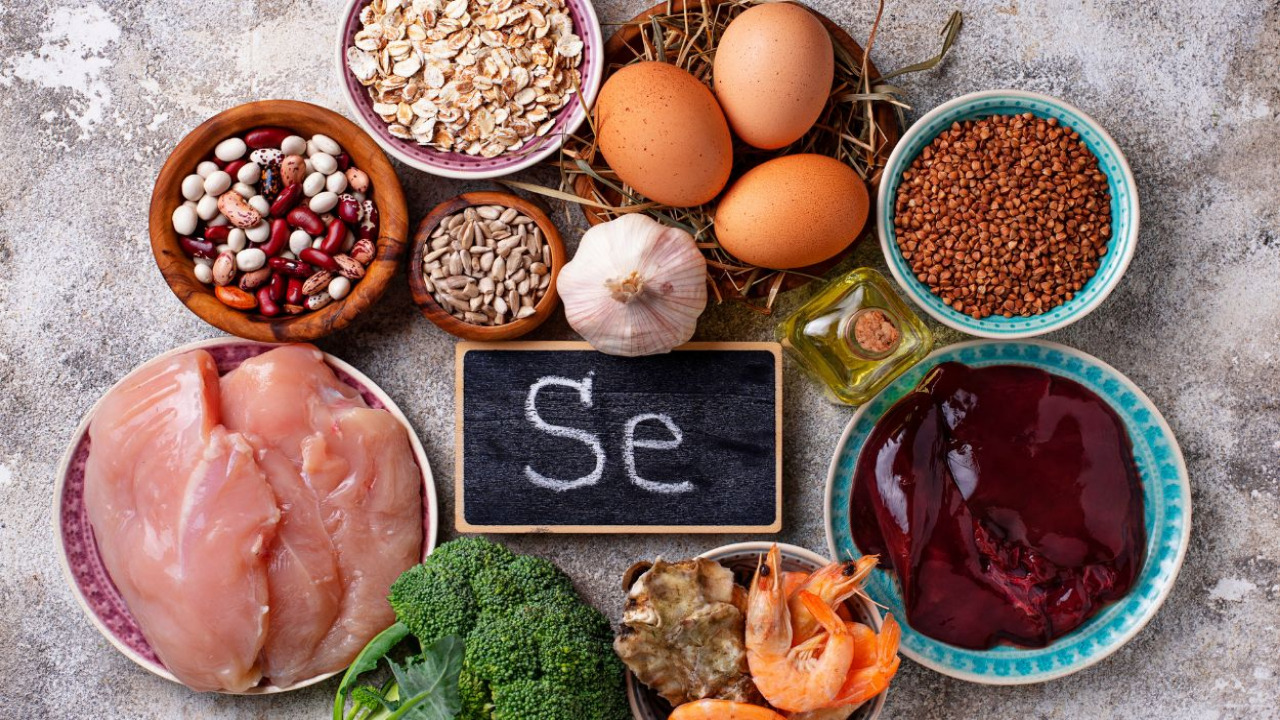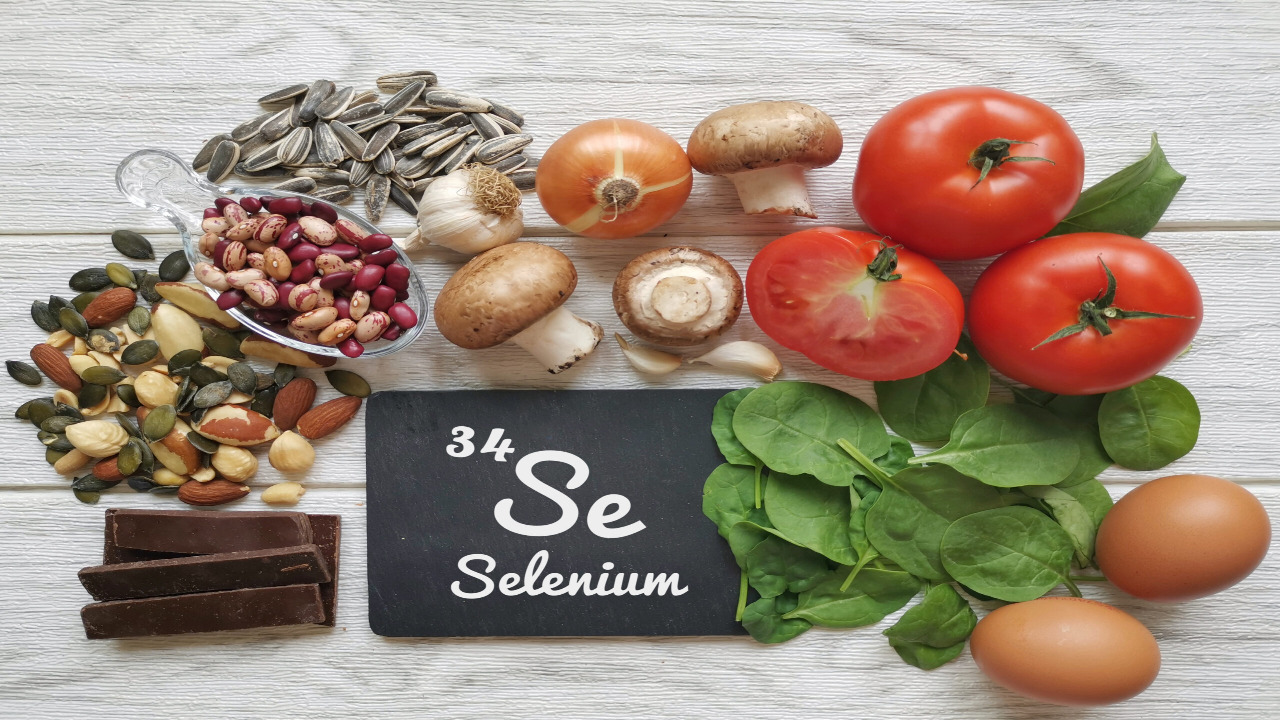Selenium: An Essential Mineral
Selenium is a trace mineral that plays a vital role in maintaining good health. While it may not be as well-known as other minerals like calcium or iron, selenium is just as crucial. This article explores the importance of selenium in our diets and offers a comprehensive guide to selenium-rich foods suitable for every type of diet.
Why Selenium Matters for Your Health

Before we delve into the world of selenium-rich foods, let’s understand why this mineral is so important for your overall well-being. Selenium acts as a powerful antioxidant, helping to protect your cells from damage caused by oxidative stress. This, in turn, reduces the risk of chronic diseases, including cancer and heart disease.
1. Brazil Nuts: Nature’s Selenium Powerhouse
When it comes to selenium, Brazil nuts are the undisputed champions. These creamy, delicious nuts are packed with selenium, making them an excellent addition to your diet. Just a small handful of Brazil nuts can provide you with your daily recommended dose of selenium.
2. Seafood Delights
Healthy seafood healthy sea food like caviar is a fantastic source of selenium. Not only does it deliver this essential mineral, but it also provides omega-3 fatty acids, which are excellent for heart health. Salmon, tuna, and sardines are also great options for those looking to boost their selenium intake.
3. Lean Meat and Poultry
If you’re a meat lover, you’re in luck. Lean meats like chicken and turkey are rich in selenium. Just be sure to choose lean cuts to keep your diet healthy and balanced.
4. Whole Grains and Legumes
Whole grains and legumes are staples in many diets and are also good sources of selenium. Foods like brown rice, oats, and lentils not only provide fiber and essential nutrients but also contribute to your selenium intake.
5. Dairy and Eggs
Dairy products like milk and yogurt, along with eggs, are valuable sources of selenium. They offer a convenient way to incorporate this mineral into your daily meals.
6. Vegetables and Fruits
While vegetables and fruits may not be as high in selenium as some of the other foods mentioned, they still contribute to your overall selenium intake. Spinach, broccoli, and bananas are among the options you can consider.
7. Selenium Supplements: Pros and Cons
While it’s generally best to get your nutrients from whole foods, selenium supplements can be an option if you have specific dietary restrictions or deficiencies. However, it’s essential to use them under the guidance of a healthcare professional to avoid overconsumption.
How to Incorporate Selenium-Rich Foods into Your Diet

Incorporating selenium-rich foods into your diet can be as simple as adding a handful of Brazil nuts to your morning yogurt or enjoying a salmon dinner. The key is to diversify your food choices to ensure you’re getting a wide range of nutrients, including selenium.
Conclusion: Balance is Key
Selenium is a vital mineral that should not be overlooked in your diet. By incorporating selenium-rich foods like Brazil nuts, seafood, lean meats, and more into your meals, you can support your overall health and well-being. Remember, balance is the key to a nutritious diet, so make sure to enjoy a variety of foods to meet all your nutritional needs.
In summary, whether you’re a seafood enthusiast indulging in healthy seafood like caviar or a vegetarian looking to increase your selenium intake through plant-based sources, there are options for everyone to ensure you’re meeting your selenium requirements.